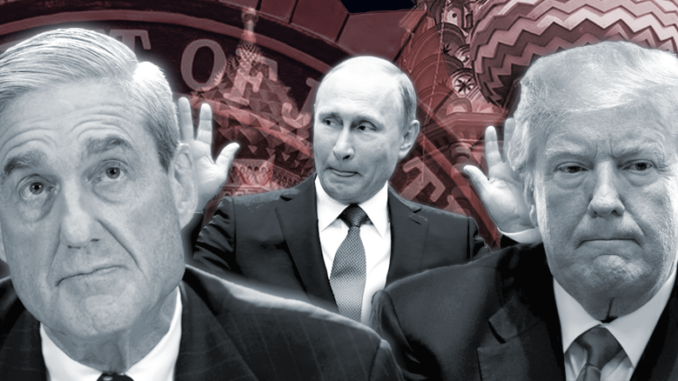
Vladimir Putin didn’t invent organized crime in Russia; it dates back to the tsarist days, when the criminal class (“vory” in Russian, from “vor” — meaning “thief,” but pertaining generally to anyone who’s part of the Russian criminal underworld) plied their trade. But since Putin’s rise to power, he’s certainly taken the reins of control over it.
From The Guardian:
In the 1990s, everything was up for grabs, and the new vory reached out with both hands. State assets were privatised, businesses forced to pay for protection, and as the iron curtain fell, Russian gangsters crashed out into the rest of the world. The vory were part of a way of life that, in its own way, was a reflection of the changes Russia went through in the 20th century. Organised crime truly began to come into its own in a Russia that itself was becoming more organised. Since the restoration of central authority under President Vladimir Putin since the turn of the millennium, the new vory have adapted again, taking a lower profile, and even working for the state when they must.
The challenge posed by Russian organised crime is a formidable one – and not just at home. Across the world, it trafficks drugs and people, arms insurgents and gangsters, and peddles every type of criminal service, from money laundering to computer hacking. For all that, much of the rest of the world remains willing – indeed, often delighted – to launder these gangsters’ cash and sell them expensive penthouse apartments.
Okay, so organized crime is a problem in Russia, but how does that connect to the Kremlin?
From Business Insider:
Cybercrime, it appears, has become a tool of Russian statecraft. And not just cybercrime.
Vladimir Putin’s regime has become increasingly adept at deploying a whole range of practices that are more common among crime syndicates than permanent members of the UN Security Council.
In some cases, as with the hacking, this involves the Kremlin subcontracting organized crime groups to do things the Russian state cannot do itself with plausible deniability. And in others, it involves the state itself engaging in kidnapping, extortion, blackmail, bribery, and fraud to advance its agenda.
Russia isn’t so much a mafia state, but more that it has a nationalized mafia.
Also from the Business Insider article:
Dmitri Alperovitch, co-founder of the security firm CrowdStrike, noted recently that the Russian security services have been actively recruiting an army of hackers.
“When someone is identified as being technically proficient in the Russian underground,” a pending criminal case against them “suddenly disappears and those people are never heard from again,” Alperovitch said in an interview with The Hill, adding that the hacker in question is then working for the Russian security services.
Why is Putin using organized crime to attack other nations?
From Newsweek:
At home and abroad, Russia’s gangsters and spooks are often closely connected. Criminals are suspected in assassinations of Chechen rebels in Turkey; Russian cybercriminals have been used to fight the Kremlin’s virtual wars in Georgia and Ukraine and to crack into German and Polish government systems; and cigarette smugglers in the Baltics appear to have been used to raise funds for Russian political influence operations.
The traffic goes both ways too, with Russian intelligence and security officers often corrupted into working for the criminals.
The reason for the crossover is clear: Russia is engaged in a geopolitical struggle with the West but lacks the economic and soft power of its adversary. As such, it must take advantage of covert and unconventional tactics to make up for this deficit. From this perspective, criminal networks are an obvious asset.
Putin supports politicians who rail against the European Union and want to push away from NATO. He supported Brexit efforts in Great Britain. And he supports far right nationalist movements in Europe and elsewhere.
From Slate:
The destruction of Europe is a grandiose objective; so is the weakening of the United States. Until recently, Putin has only focused glancing attention on American elections. Then along came the presumptive Republican nominee.
Donald Trump is like the Kremlin’s favored candidates, only more so. He celebrated the United Kingdom’s exit from the EU. He denounces NATO with feeling. He is also a great admirer of Vladimir Putin.
If Putin aided Trump’s quest for the presidency, it was because he saw Trump as the perfect tool to bring down a hated enemy from within. And Trump made it easy to be a mark for Putin, what with his financial difficulties dating back to his several bankruptcies in the 1990s. After them, Trump found it nearly impossible to borrow money from American banks, so he cast his gaze to overseas sources of cash. One question which has long dogged him is, just who are these sources? Might they include Russian organized criminals?
The answer seems to be a resounding “yes.”

5 Trackbacks / Pingbacks
Comments are closed.